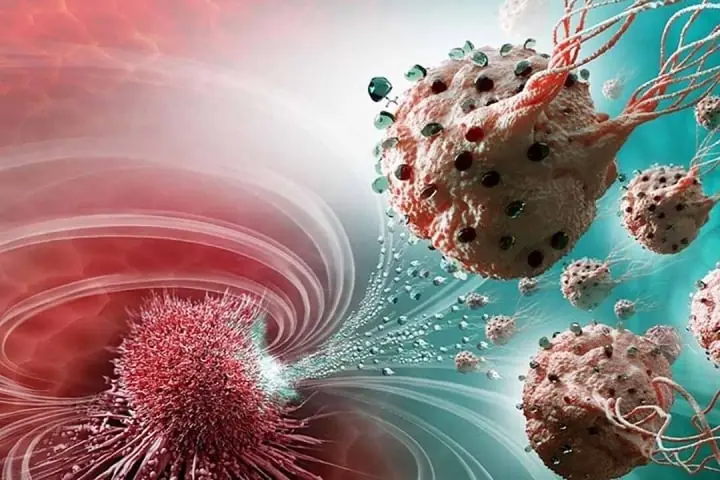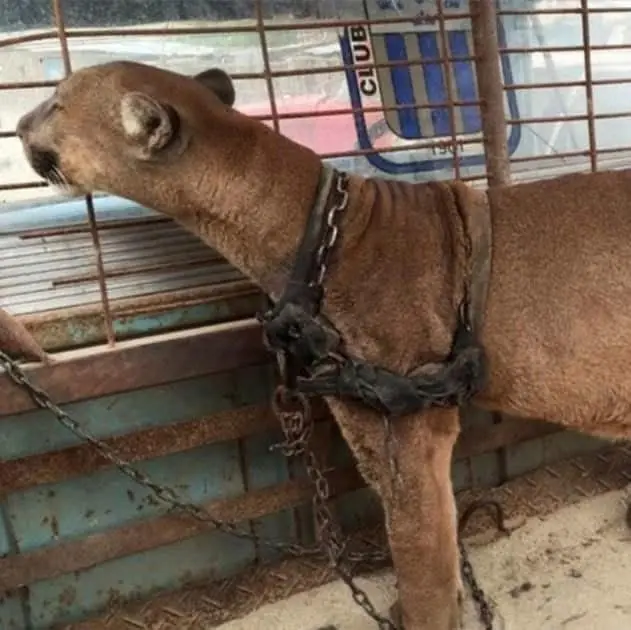
A 16-year-old boy found a small child in a car under the scorching sun. His actions impressed the passersby
That day was motionless — not just still, but suspended, like a sunset dipped in molten lead. The air clung to the ground with a thick, metallic weight, as though the sky had turned to iron. It didn’t just hang around you; it pressed, slow and deliberate, as if the world were exhaling its last breath. Not a leaf moved on the trees, not a bird dared break the silence. The sun didn’t shine — it attacked, each ray like a burning needle piercing straight through cloth and skin.
Novorossiysk woke reluctantly, as if dragging itself into consciousness through a haze of sleep and heat. In summer, the city blurred at the edges, like a painting someone had splashed water on. Buildings, faces, trees — all seemed to melt into one shapeless vision. Curtains in apartment windows stayed shut tight, hiding behind them the low hum of air conditioners doing battle with the oppressive air. A heat shimmer floated above the sidewalks, warping the view as if the world were boiling from the bottom up. The clock showed 7:45 a.m.
Sixteen-year-old Daniel Korin was late. Again. Not the first time, not the fifth, maybe the twelfth. He knew if his tutor, Mr. Petrov, saw him slipping in past the start of the lesson, he’d call his mother — again — and Daniel would get the full lecture. But this morning, he didn’t care. Not even a little. His mind was a blur of sweat, heat, and the rhythm of his sneakers slapping against softening asphalt. His backpack bounced wildly on his shoulders; his T-shirt clung like plastic wrap to his back.
As he cut past the old, ghostly supermarket — a building long surrendered to time — Daniel suddenly halted. He didn’t trip. He didn’t see anyone. It wasn’t anything outside him that made him stop. It was something within — a quiet but insistent voice, some gut-deep alarm bell that sent a chill down his spine.
Then he heard it. A cry.
Not a shout. Not words. Just... a sound. Broken, rasping, filled with a raw, primal need. A child's cry, so thin it barely made it past the heat.
He turned his head. Heart pounding, Daniel scanned the street. And then he saw it: an old, sun-bleached sedan parked in the sparse shade of a dying tree. The windows fogged, paint chipped, metal dull with time. The sound was coming from there.
Cautiously, Daniel approached. Each step felt like dragging through molasses. The heat seemed thicker here, somehow heavier. Through the dark glass, he could see a tiny figure — a toddler. A little girl. Her cheeks blotchy red, eyes fluttering half-closed, lips cracked like dry earth. Her body slumped like a ragdoll.
“Oh my God,” Daniel whispered, a cold shiver cutting through the sweat.
He pulled at the door handle. Locked. Tried the rear. Also locked. He knocked — nothing.
“HEY! Anyone?!” he shouted. “Someone, help!”
Silence. The heat answered with a hiss from the pavement.
His mind raced. This isn’t your business. Call the police. Walk away. You could get blamed. But when he looked again at the child, all those excuses died in his throat.
Without thinking, he grabbed a loose stone from the roadside. His hand shook as he raised it — then with all his strength, he smashed the window.
The glass exploded with a violent shatter. The air that escaped felt like it had come from inside an oven. Daniel reached in, fumbling with the car seat buckle, hands slick with sweat. It wouldn't open. He cursed under his breath — then click. He pulled the child into his arms, shielding her face from the sun.
“I’ve got you. I’m here. You’re safe now,” he whispered, voice cracking.
He didn’t pause. Didn’t wait for someone to step in. He just ran.
The nearest clinic was three blocks away. But those blocks turned into miles. His lungs screamed, legs buckled, arms trembled from holding her weight — fragile, scalding, terrifying.
People turned, asked questions, pointed. He heard none of it. His entire world had shrunk to the girl in his arms. She didn’t move. Not a sound.
He didn’t know her name. Where her parents were. What had happened. But at that moment, it didn’t matter. She was his responsibility.
The clinic doors slid open. The sudden blast of cool air nearly knocked him off balance. The brightness, the sterile smell, the cold tile — all of it overwhelmed his senses.
“HELP!” he shouted. His voice cracked like broken glass.
A nurse appeared — tall, sharp glasses, and a tightly pinned bun. She rushed forward, arms out.
“Here—heat—locked in a car—she—” His words tumbled, useless and tangled.
The nurse took the girl gently. Others swarmed in, calling names and codes. Doors swung open. The child disappeared into the white-lit corridor. The door slammed behind them.
Daniel stood alone.
His arms hung limp. His shirt was soaked. His legs felt hollow. Slowly, he sank onto the nearest bench and stared at the floor.
He could’ve missed her. Could’ve walked by. Could’ve been too late.
And as that truth settled, something inside him broke.
He cried. For the first time in years — loud, unfiltered, desperate. The kind of crying that shakes your bones.
He didn’t know how long he sat there — ten minutes, maybe longer. The world blurred, the tiled floor swam. His palms still felt like they held her weight. His chest was a furnace of fear, relief, and something else he couldn’t name.
Then a woman stepped out. Short. White coat. Gray hair wound into a tight bun. She had the face of someone who’d seen too much and kept going anyway.
“Are you the one who brought the girl?” she asked.
Daniel nodded, barely.
“Is she... alive?”
“She is,” the woman — Dr. Yelena Sokolova — said after a pause. She sat beside him, her voice softening. “A little longer and… well. Let’s just say you were her only chance.”
Daniel didn’t speak. His body shook. His breath caught.
And then it all poured out. He sobbed again, this time into his hands. No longer afraid to be seen. Just human.
Some time later, a man in uniform approached. Clean-shaven, around thirty, with kind, weathered eyes.
“Officer Hartmann,” he said. “Mind if we talk outside?”
Daniel followed him out. They sat beneath the shade of the clinic’s overhang.
“Just start from the beginning.”
So he did. Every detail — the cry, the stone, the silence. The terror. The run.
“No one else was around?” Hartmann asked.
“Just her. And me.”
The officer nodded, scribbling in a worn notebook.
“You did the right thing, Daniel. You saved her life. That’s something you’ll carry forever. In a good way.”
Daniel nodded, though the weight in his chest didn’t lift.
An hour later, a car pulled up. A man and woman emerged. Both looked like hollowed-out versions of themselves — pale, unsteady, drained. The woman clutched a purse to her chest like a lifeline.
They stepped into the clinic. The moment they saw Daniel, they rushed to him.
“You— Are you the one—?” The woman dropped to her knees. “You found Mila? You saved her?”
Daniel’s throat tightened. He stepped back.
“We thought she was… we didn’t mean to—” the man choked.
“She almost died,” Daniel said, barely audible.
Dr. Sokolova arrived and gently placed a hand on his shoulder.
“They’ll live with that knowledge for the rest of their lives. But their daughter — she has a future now. Thanks to you.”
A few days later, a message came. Dr. Sokolova invited him back — “if you’d like,” she wrote, “Mila’s doing well.”
He went. He didn’t even hesitate.
The room was bright. Mila lay sleeping in a crib, wearing a colorful romper, holding a plush elephant in her hand. Her cheeks were pink. Her breathing, steady.
Daniel sat beside her, afraid to exhale.
“Her name is Mila,” Dr. Sokolova said.
“It suits her.”
“She’s alive. Because of you.”
Daniel didn’t answer. But something inside him — small, tentative — began to stir. Like the first morning breeze after a long, burning summer. Like hope, rising quietly.
News in the same category


Anya, hi. I feel really awkward asking, but could you possibly lend me a couple thousand?

At school, they laughed at the girl whose family had no roof over their heads

"Why Don't We Just Take the Secret Car Daddy Drives?" My Son's Innocent Question While Cleaning the Car
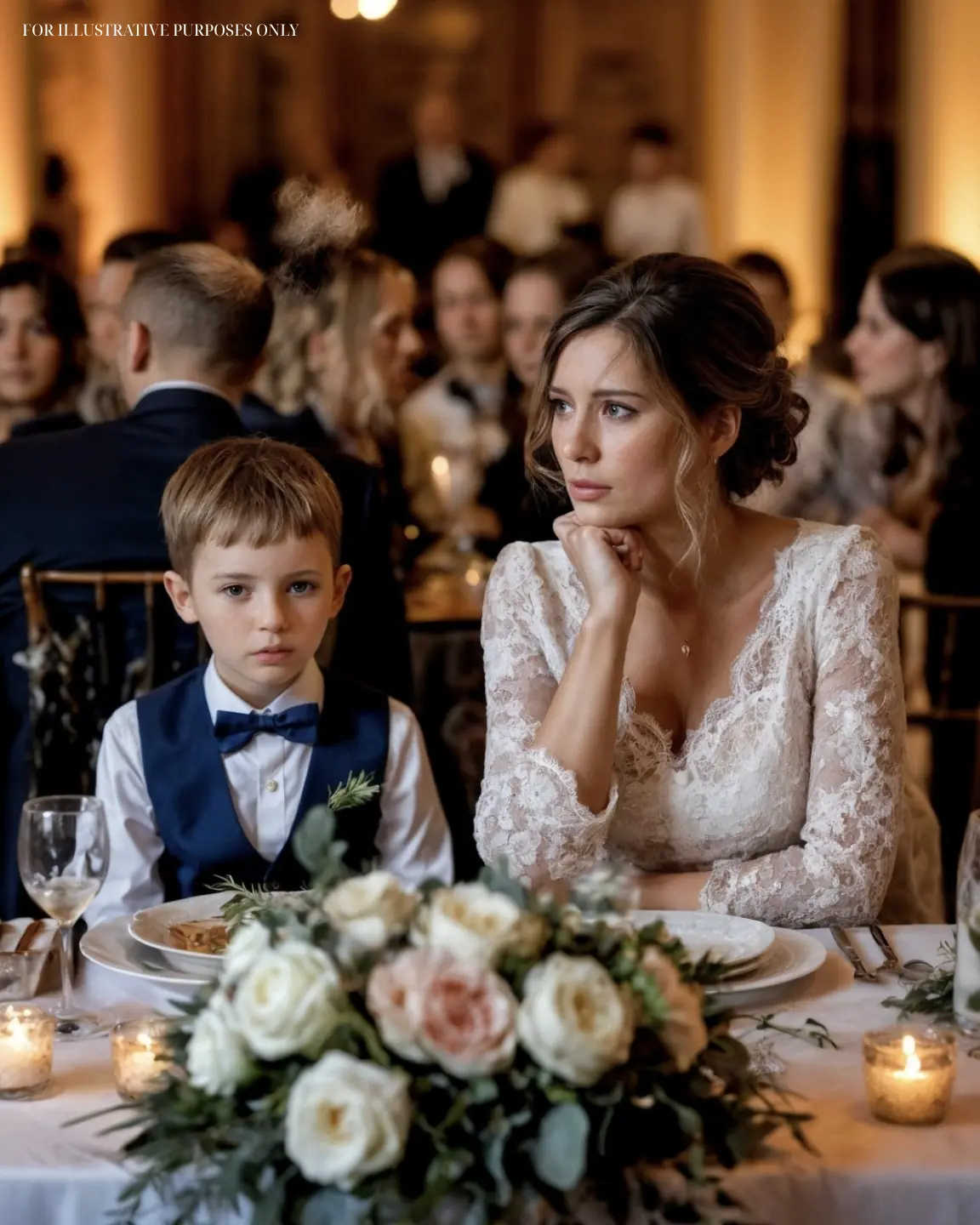
In front of everyone, my own sister humiliated me at her wedding…
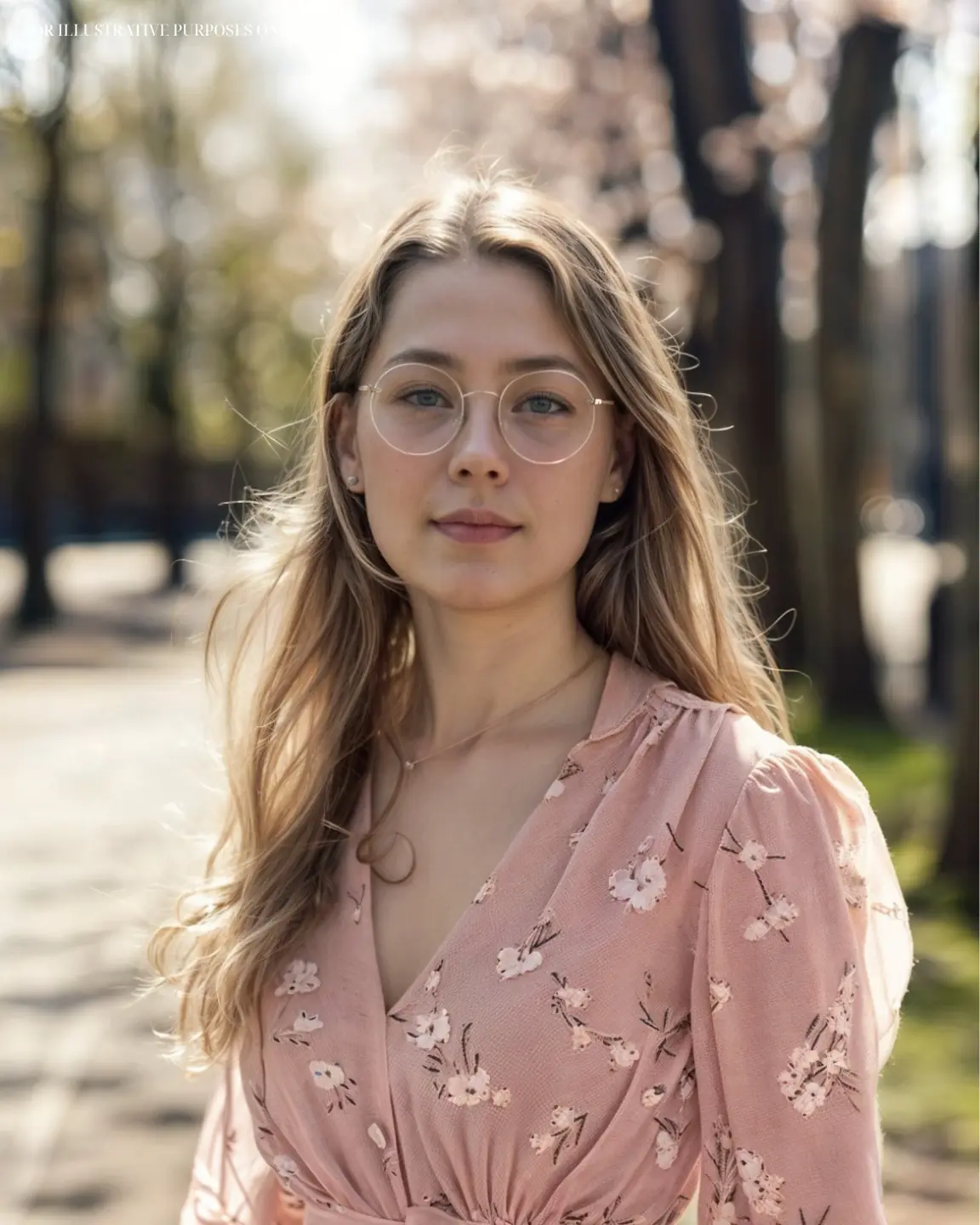
Alena! What kind of circus is this? Why did Kirill come back to me with a suitcase? Did you kick him out?

Trying to take my apartment and money away? Too bad I turned out to be smarter, huh, Maxim?” — I smirked at my husband

Classmates teased a student for his poor clothes. They couldn’t imagine how he would show up at the graduation ball
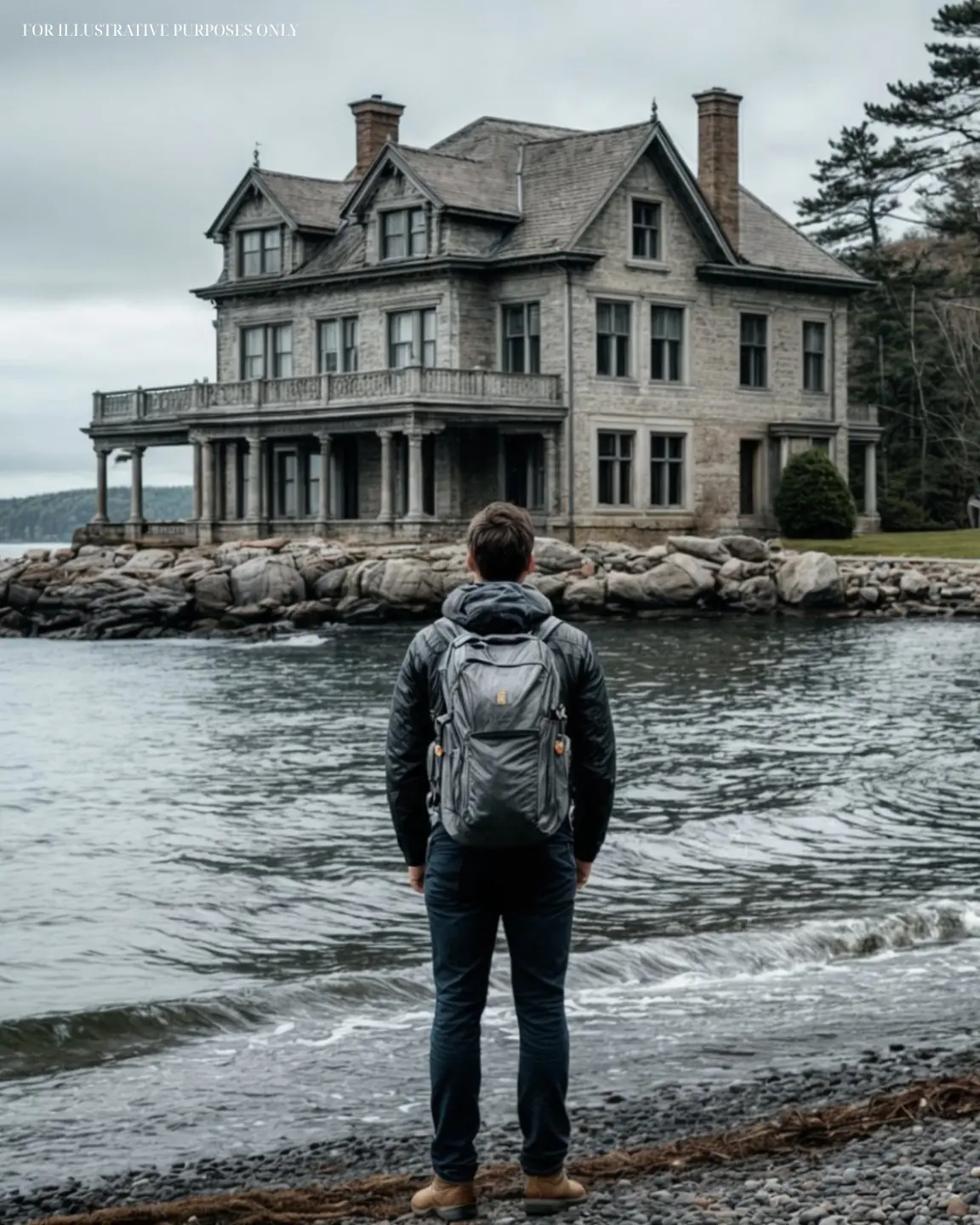
He inherited a house standing in the middle of a lake… Yet what he found inside completely changed his life

— Hello, Lena! — Angelina saw her acquaintance and waved
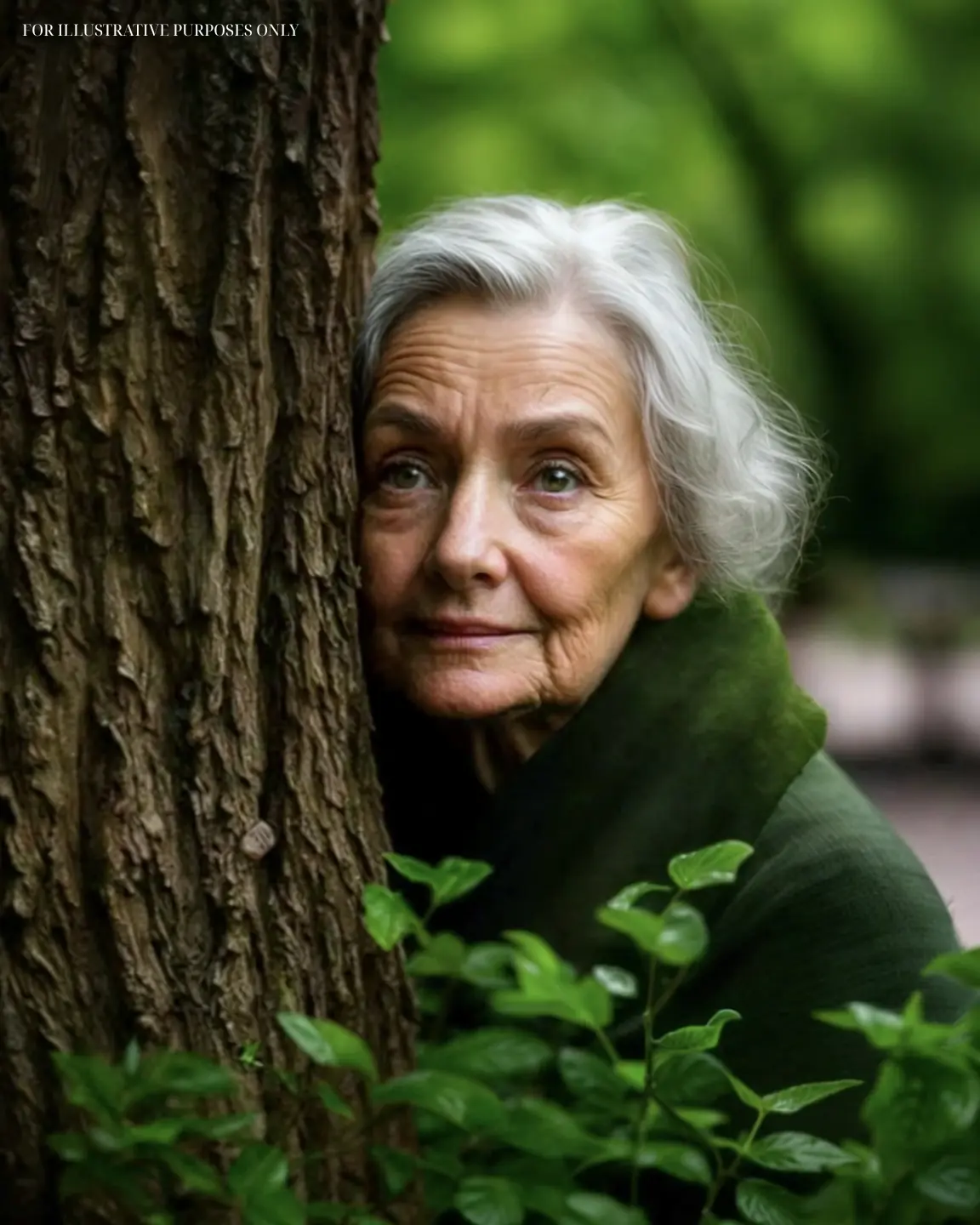
The queue at the clinic was moving very slowly. Elderly ladies went into the ENT doctor’s office and disappeared there for almost an hour
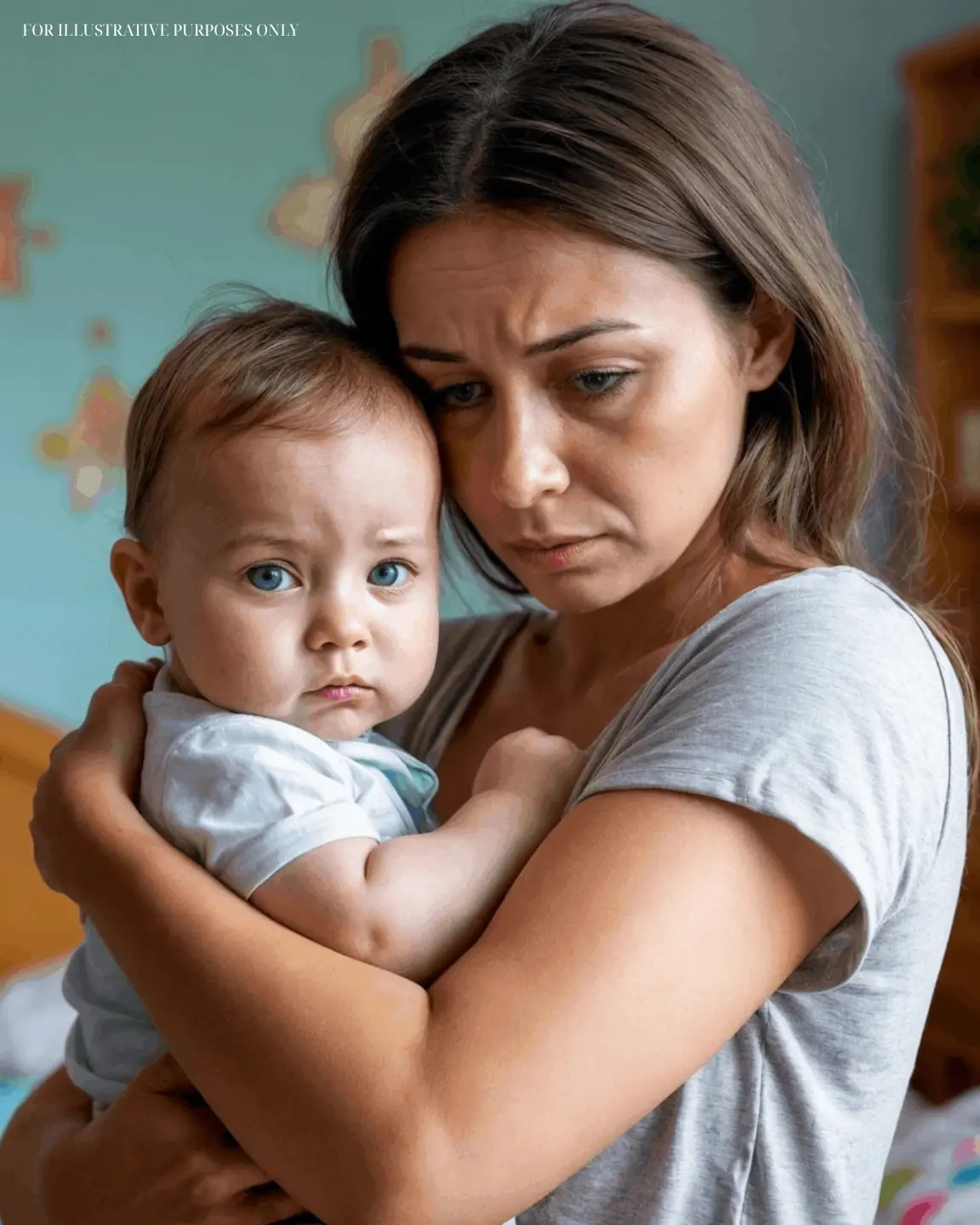
He left as soon as he found out the diagnosis of our son. And I stayed—because I couldn’t leave my child alone
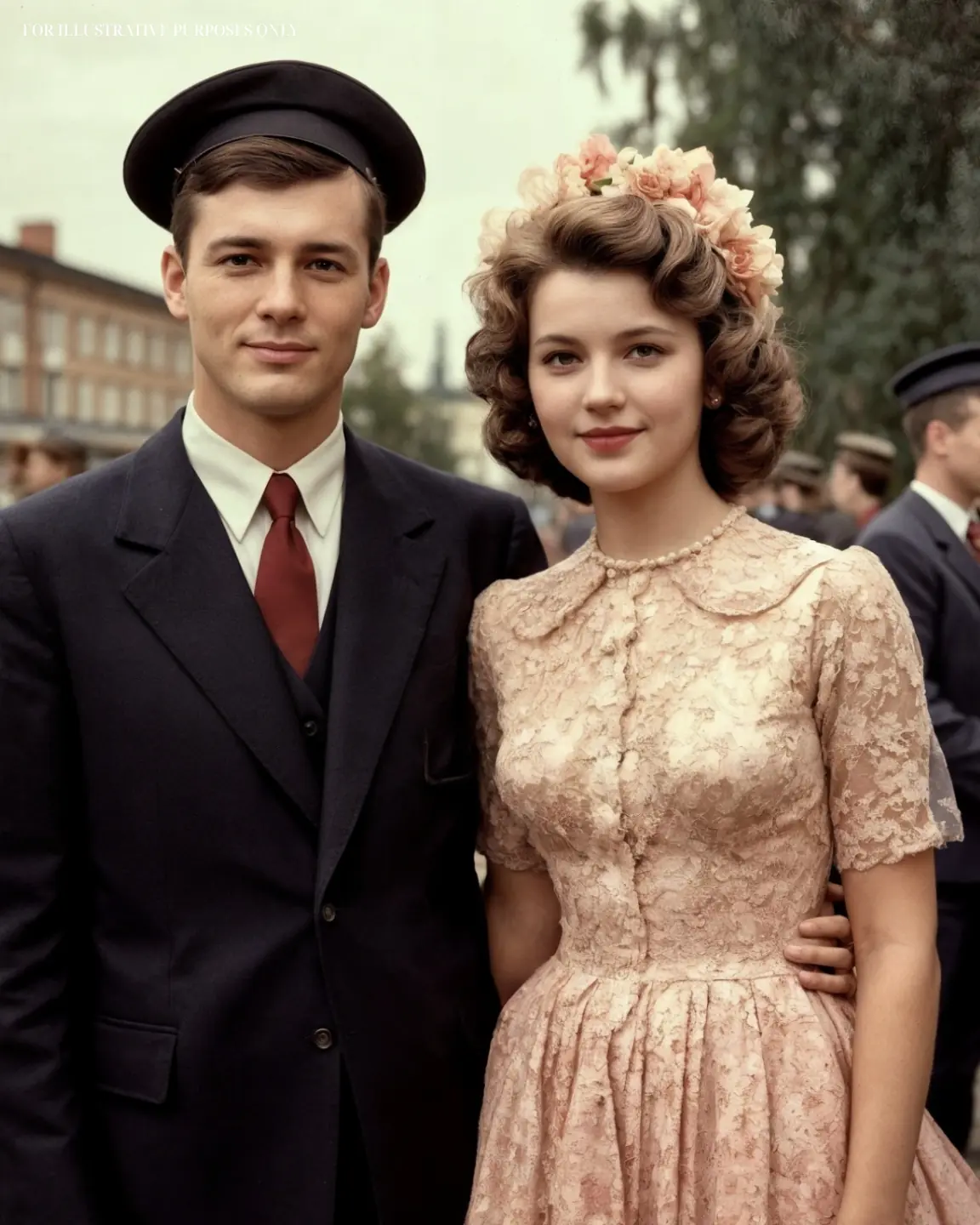
Their daughter disappeared in 1990, on the day of her graduation. And 22 years later, the father found an old photo album
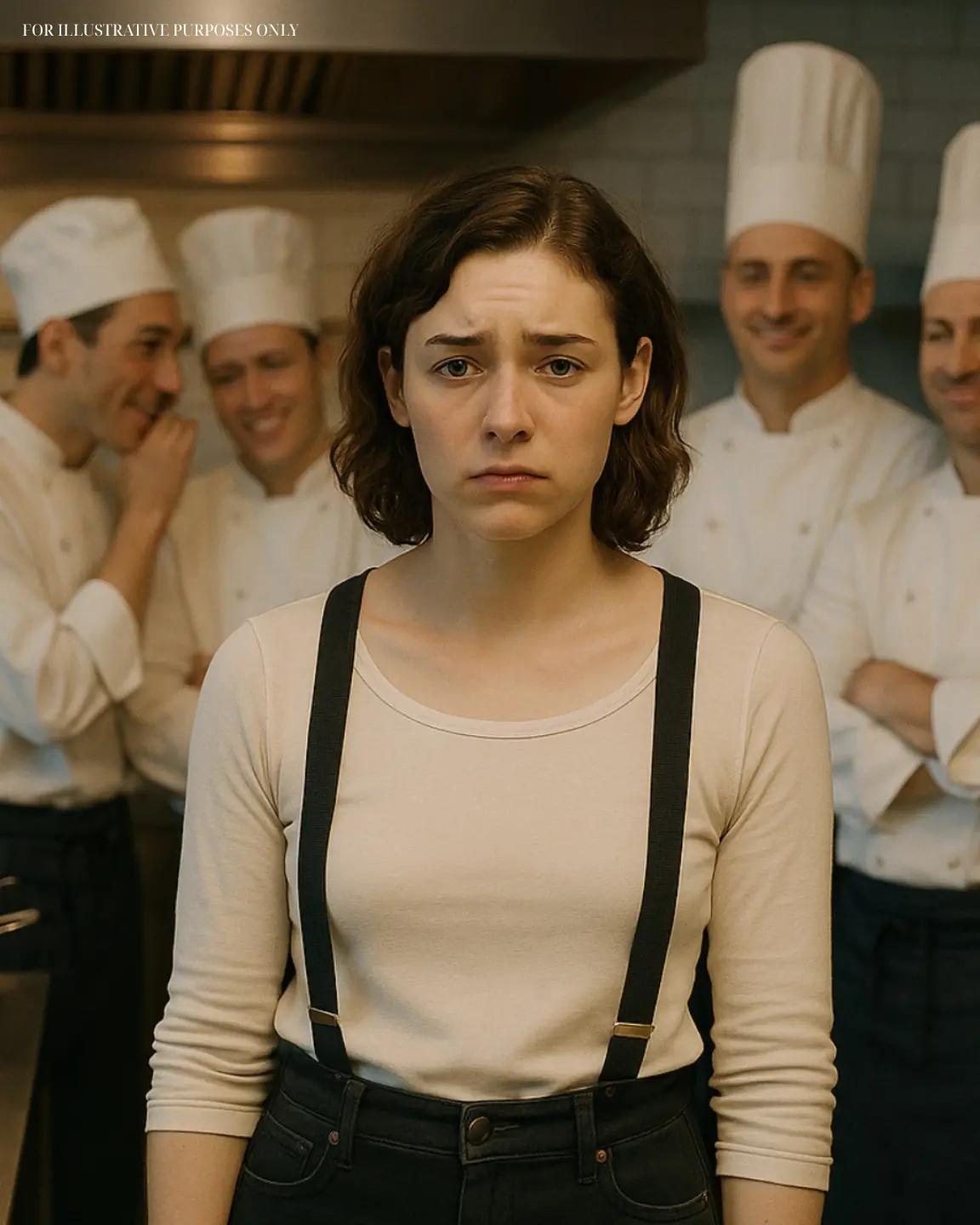
We'll live off our daughter-in-law; she has a good job," the mother-in-law shared with her friend
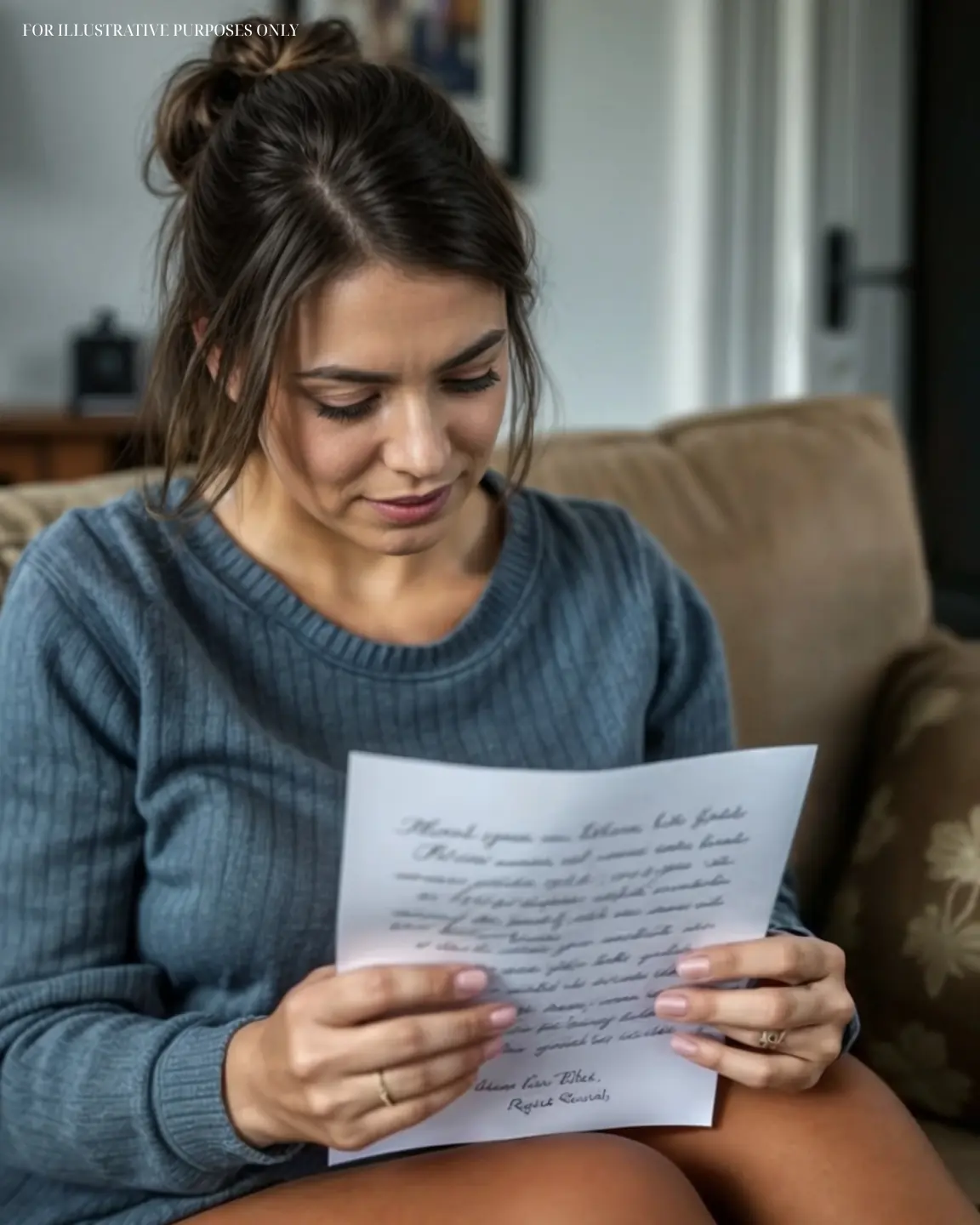
While the woman was doing a deep cleaning of the house, she came across an old letter from her deceased husband. Carefully unfolding it, she skimmed through the lines… and froze
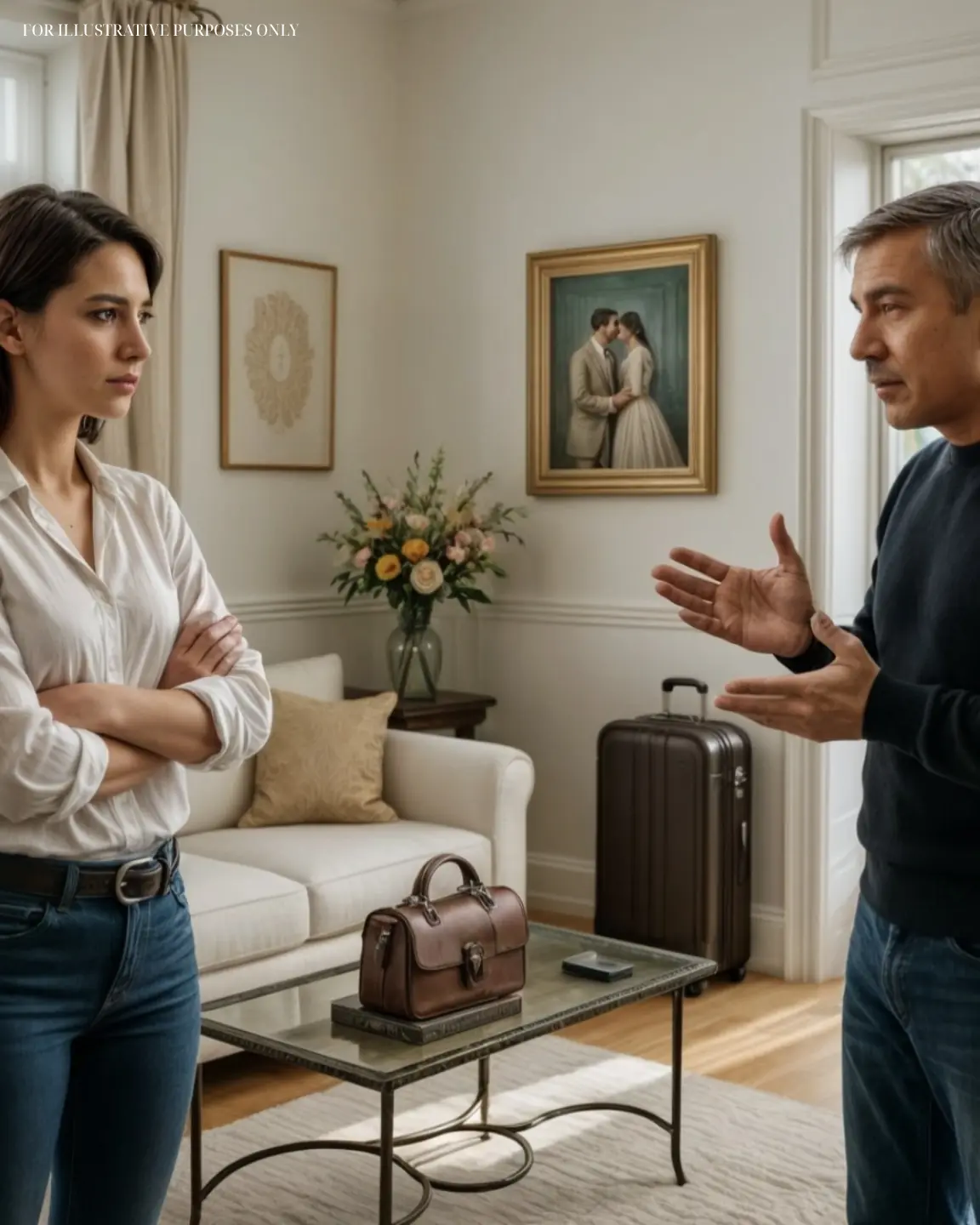
If she needs money again, let her call the bank, not me, — Maria snapped, deleting her mother-in-law’s number from her phone
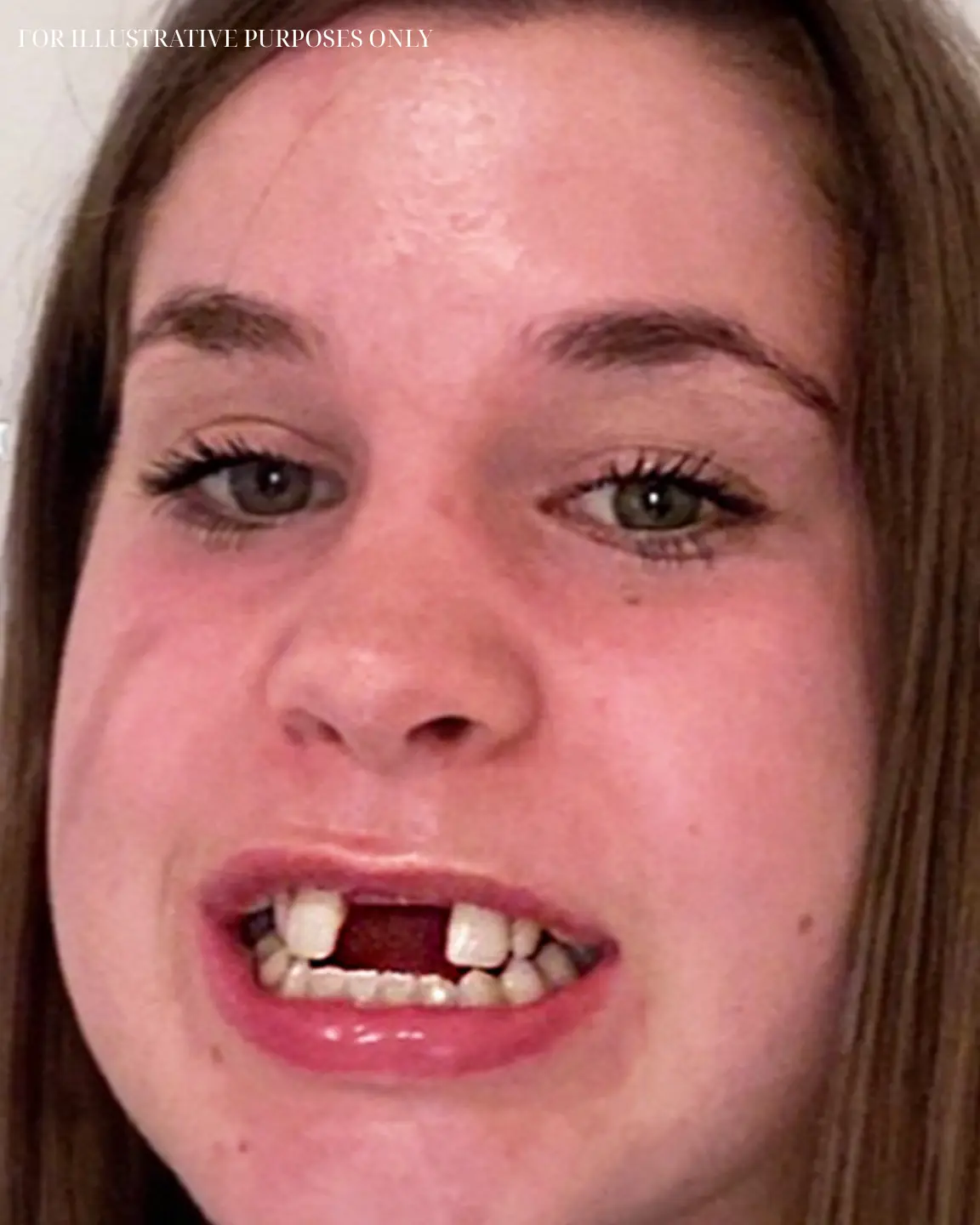
This Girl Spent 6 Years Fixing Her Jaw & After the Final Surgery, She Stunned Everyone with the Results – Her Transformation in Pics
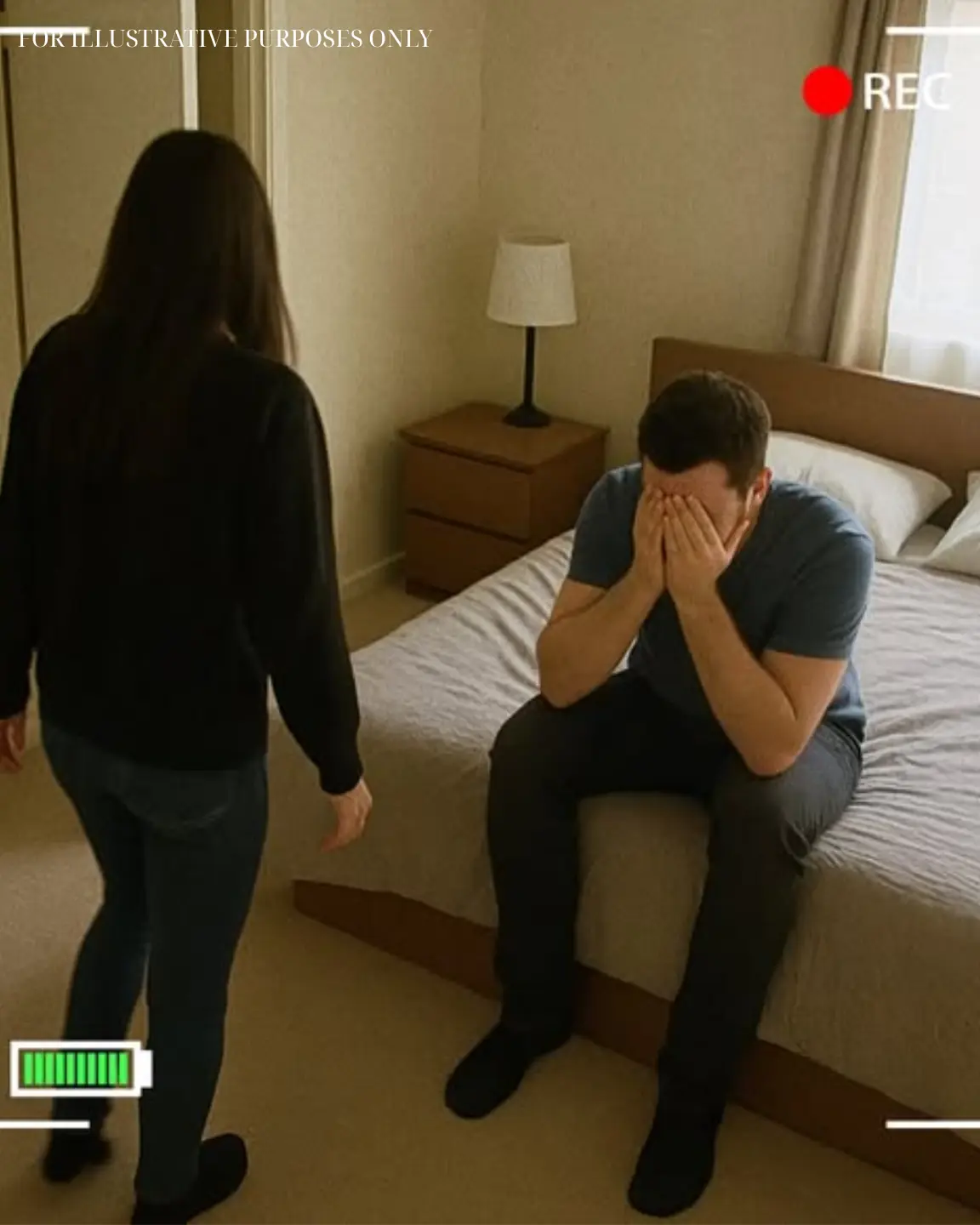
'Mom, Do You Want to Meet Your Clone?' – What My 5-Year-Old Said Uncovered a Secret I Wasn't Ready For

You’re nobody without me,» my husband declared. But a year later, in my office, he begged me for a job
News Post

Say Goodbye to Varicose Veins Forever with This Simple Natural Oil!

Avocado After 50: Here’s What Happens After 7 Days of Use
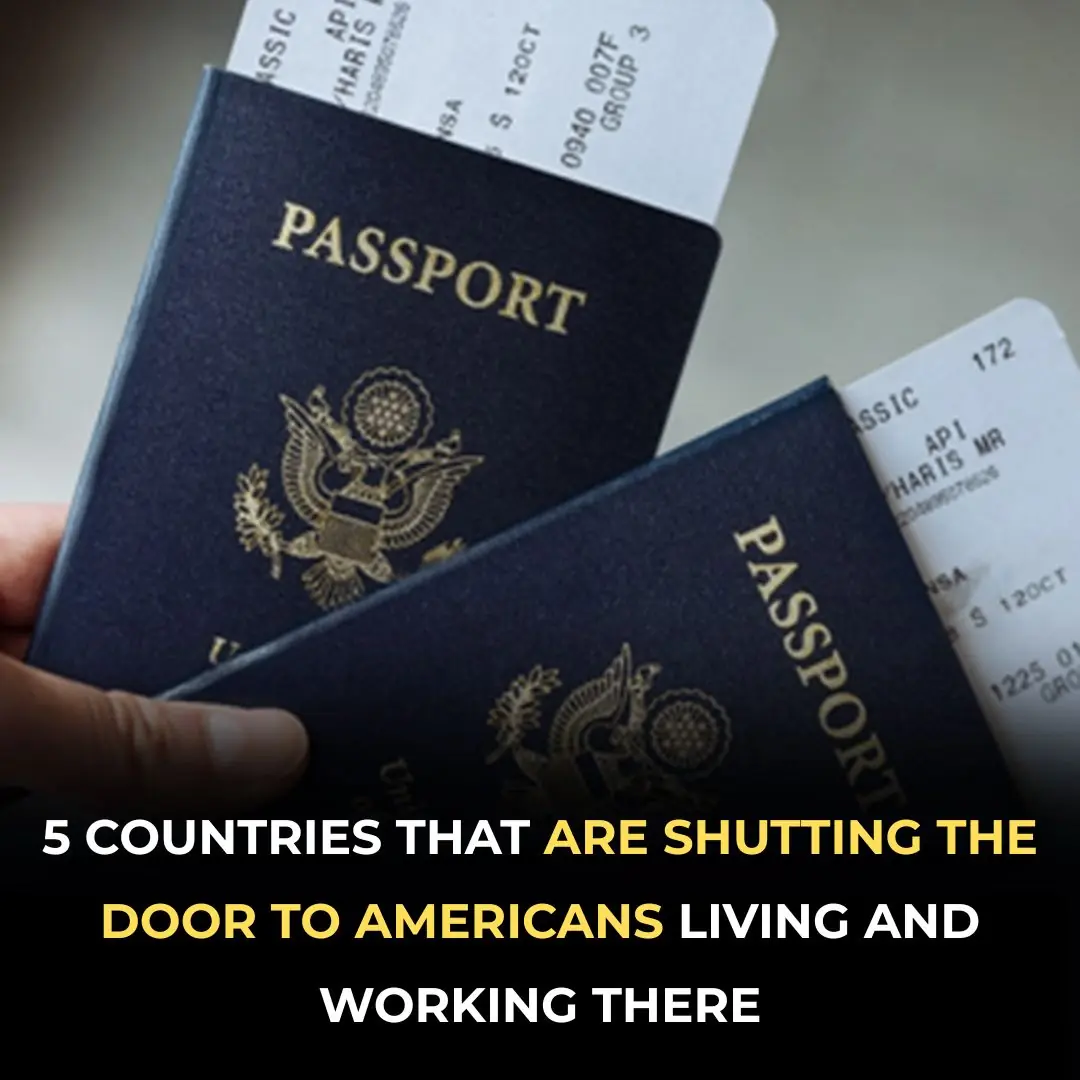
5 Countries Tighten Immigration Rules, Making It Tougher For Americans To Move Abroad

Gulf Stream On The Brink Of Collapse — Scientists Warn Of Global Catastrophe

Astonishing Cancer-Fighting Power of One Juice — Even Doctors Are Surprised
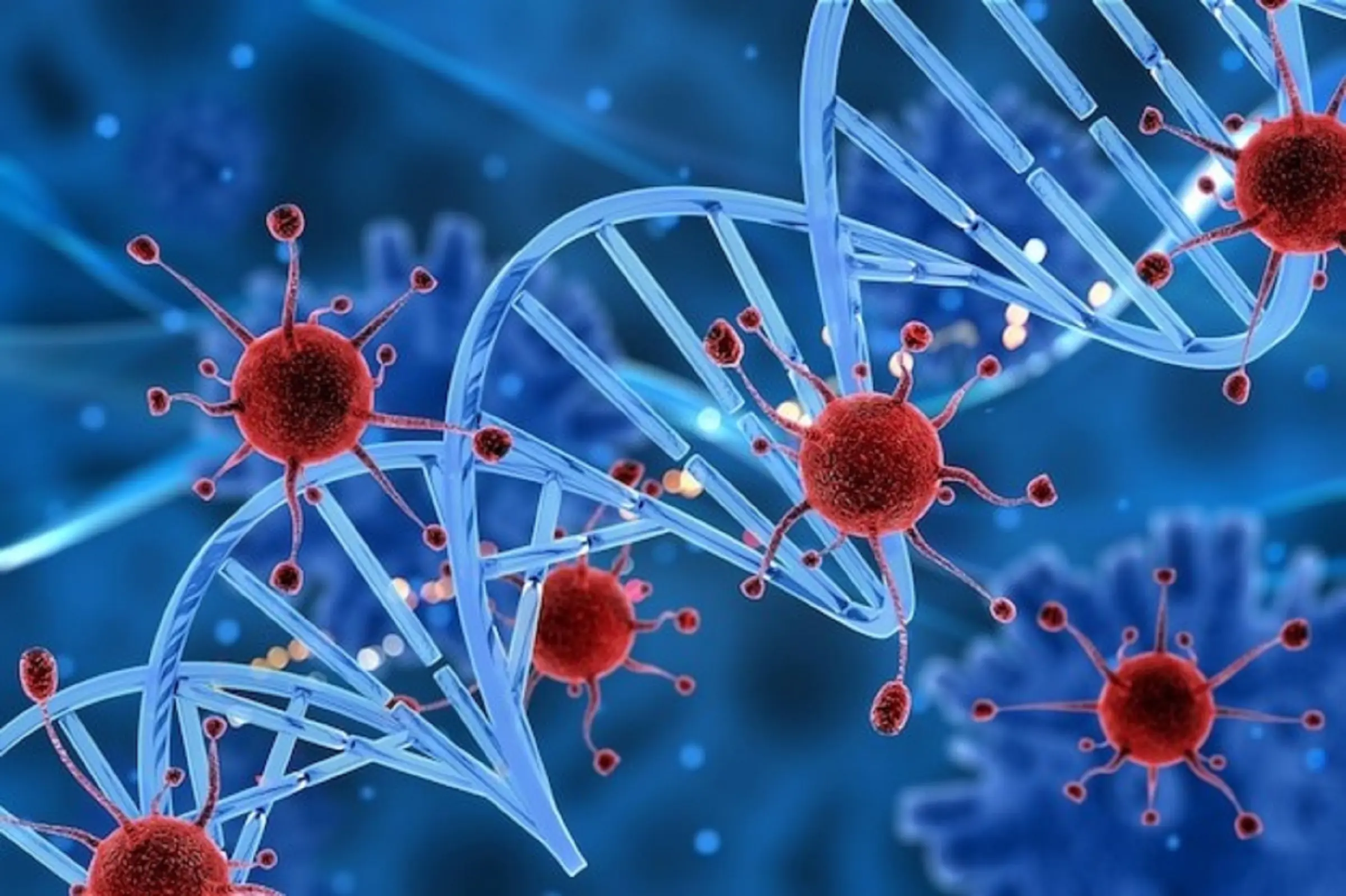
5 Types of Cancer with Over 90% Cure Rate: Early Signs Everyone Should Pay Attention To

Doctor's Advice: Whether You're Rich or Poor, Never Eat These 3 Foods for Breakfast – They Can Lead to Aggressive Cancer
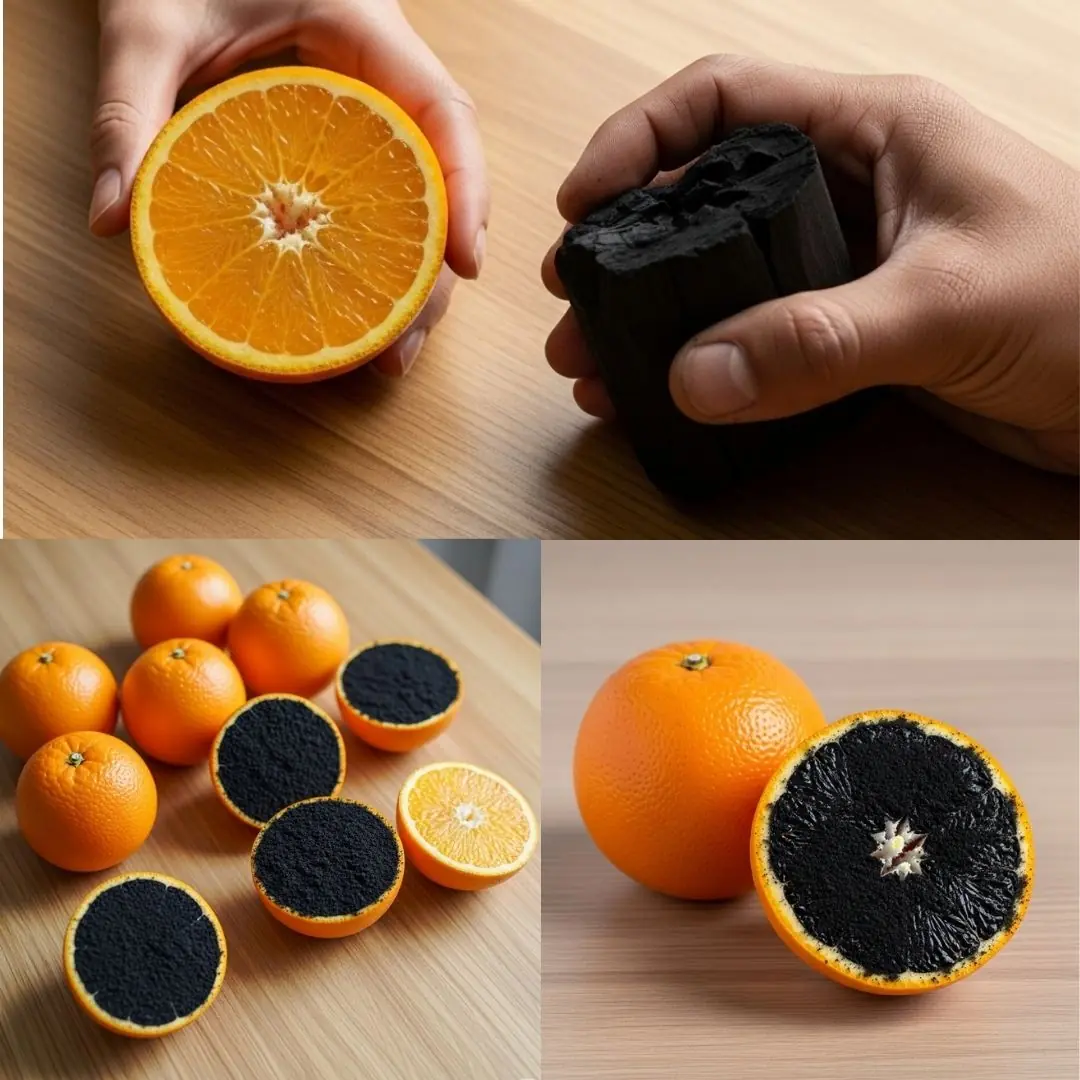
Lemon and Charcoal: A Natural Skin Care Secret to Save Money and Glow

Golden Energy: How Turmeric, Black Pepper, and Almond Milk Support a Healthier You

French Farmer Discovers $4 Billion Gold Deposit, But Legal Hurdles Prevent Him From Profiting

Inside The Global Seed Vault: Earth’s ‘Safest Place’ Only Opens Six Times A Year
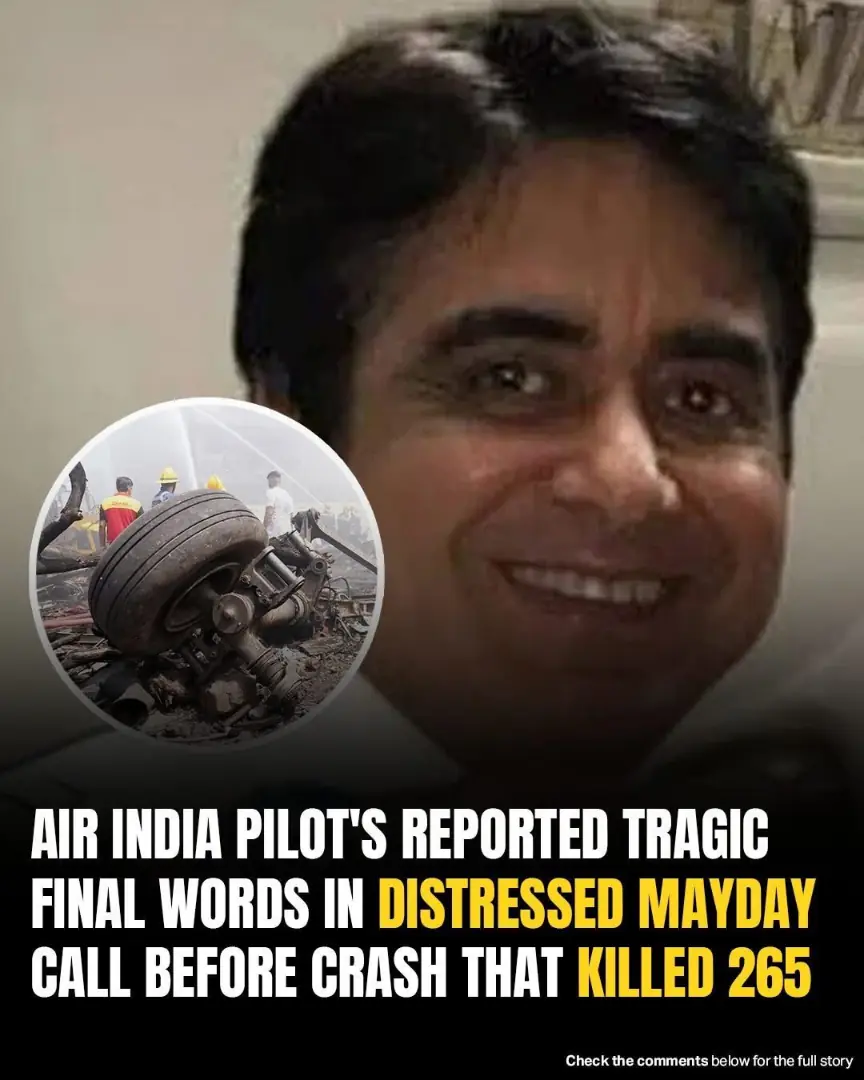
Chilling Final Words Of Air India Pilot Moments Before Tragic Crash That Killed 265 Uncovered

Scientists Use CRISPR to Eliminate HIV from Human Immune Cells

Eat These 9 Fruits Daily to Brighten Your Vision & Prevent Cataracts Naturally (Science-Backed)
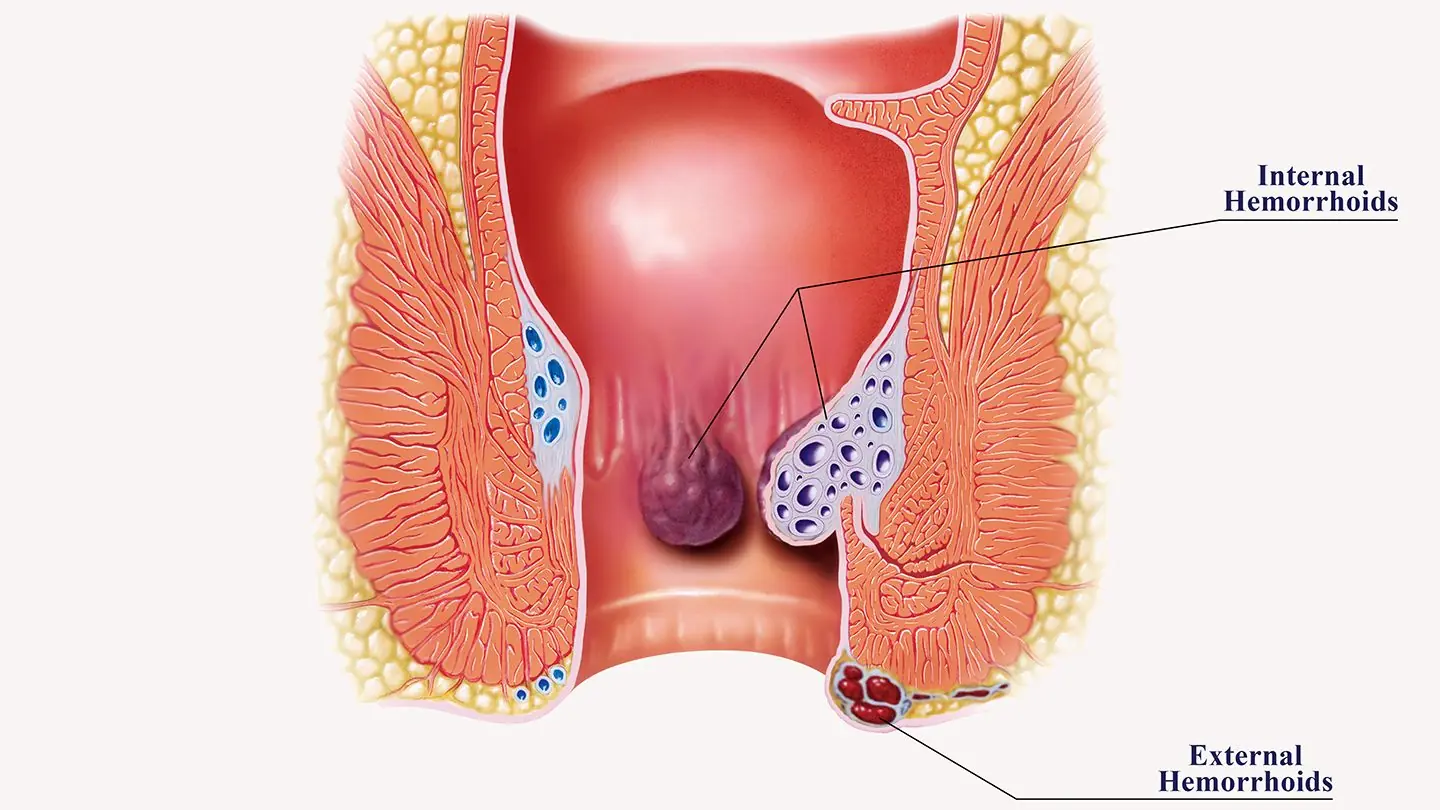
Hemorrhoids: Fast, Effective, Science-Backed Ways to Find Relief

The Plant That Closes Its Leaves When You Touch It – And May Support Your Health Naturally
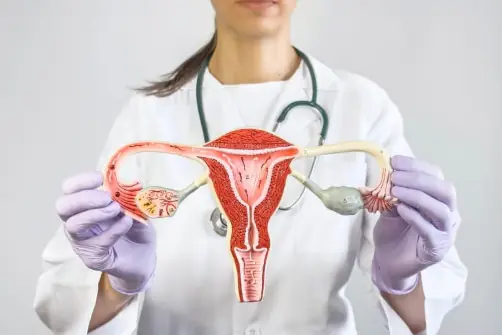
Ovarian Cancer: 8 Early Signs You Need to Know

It’s Not Just Tooth Decay: 2 Common Signs in Your Mouth That Are SOS Signals From Your Body — Don’t Ignore Them

3 Early Signs of Lung Cancer You Shouldn’t Ignore — It Could Become Life-Threatening
